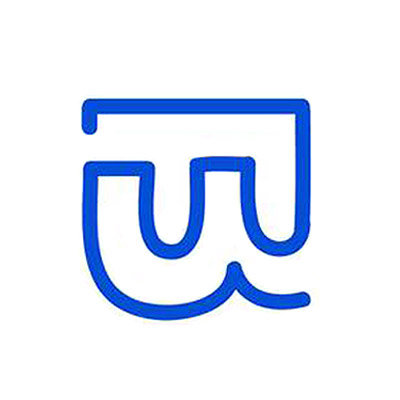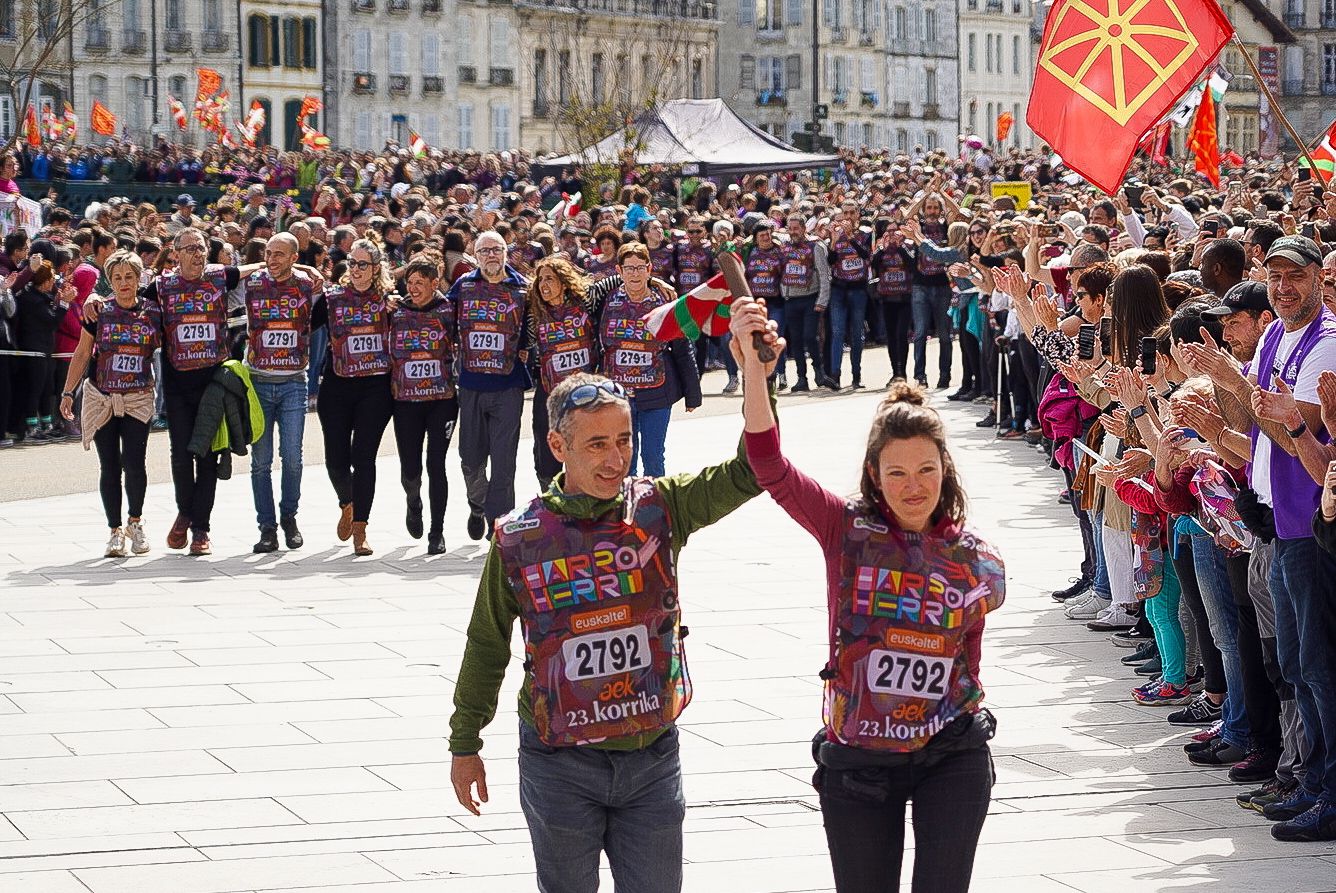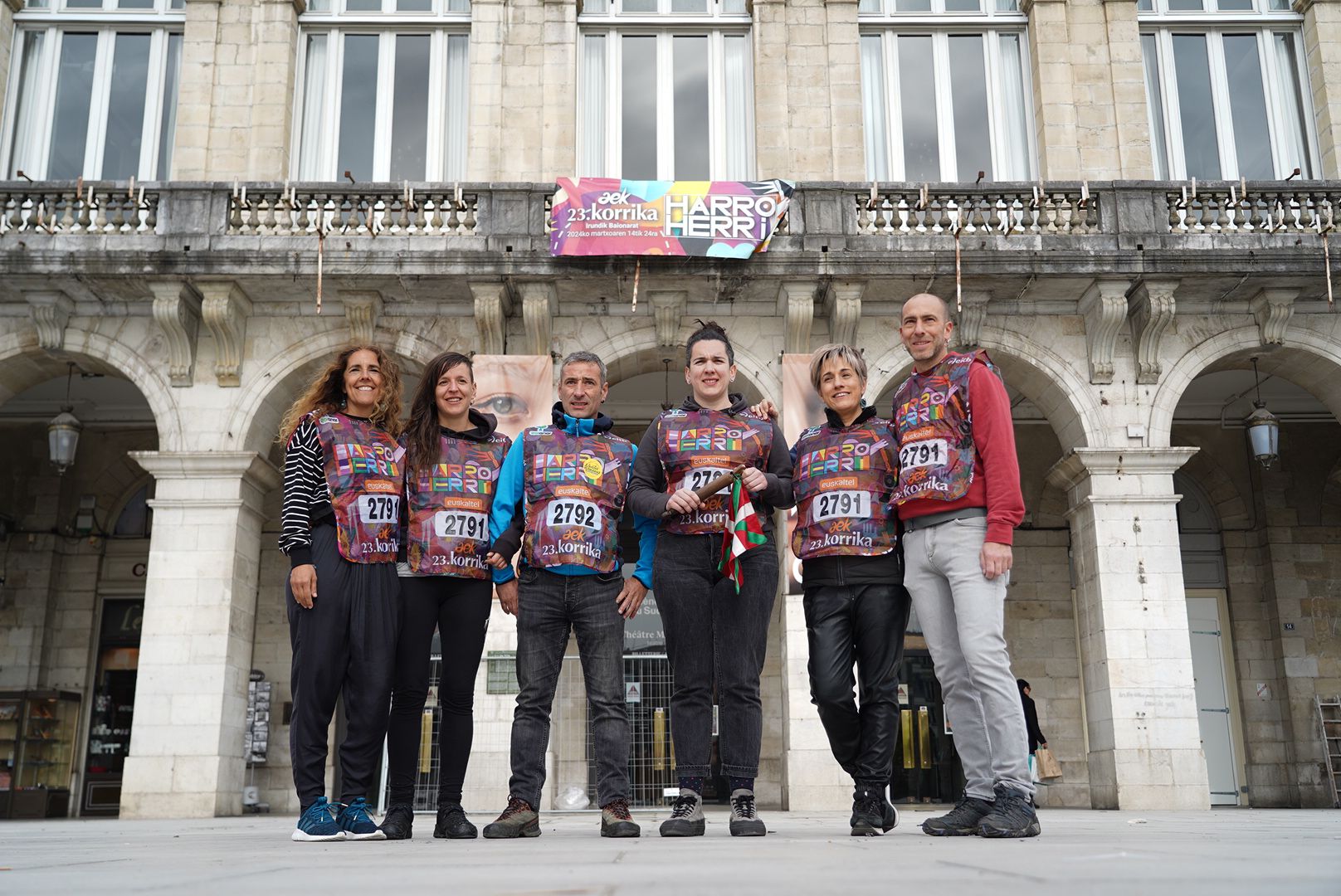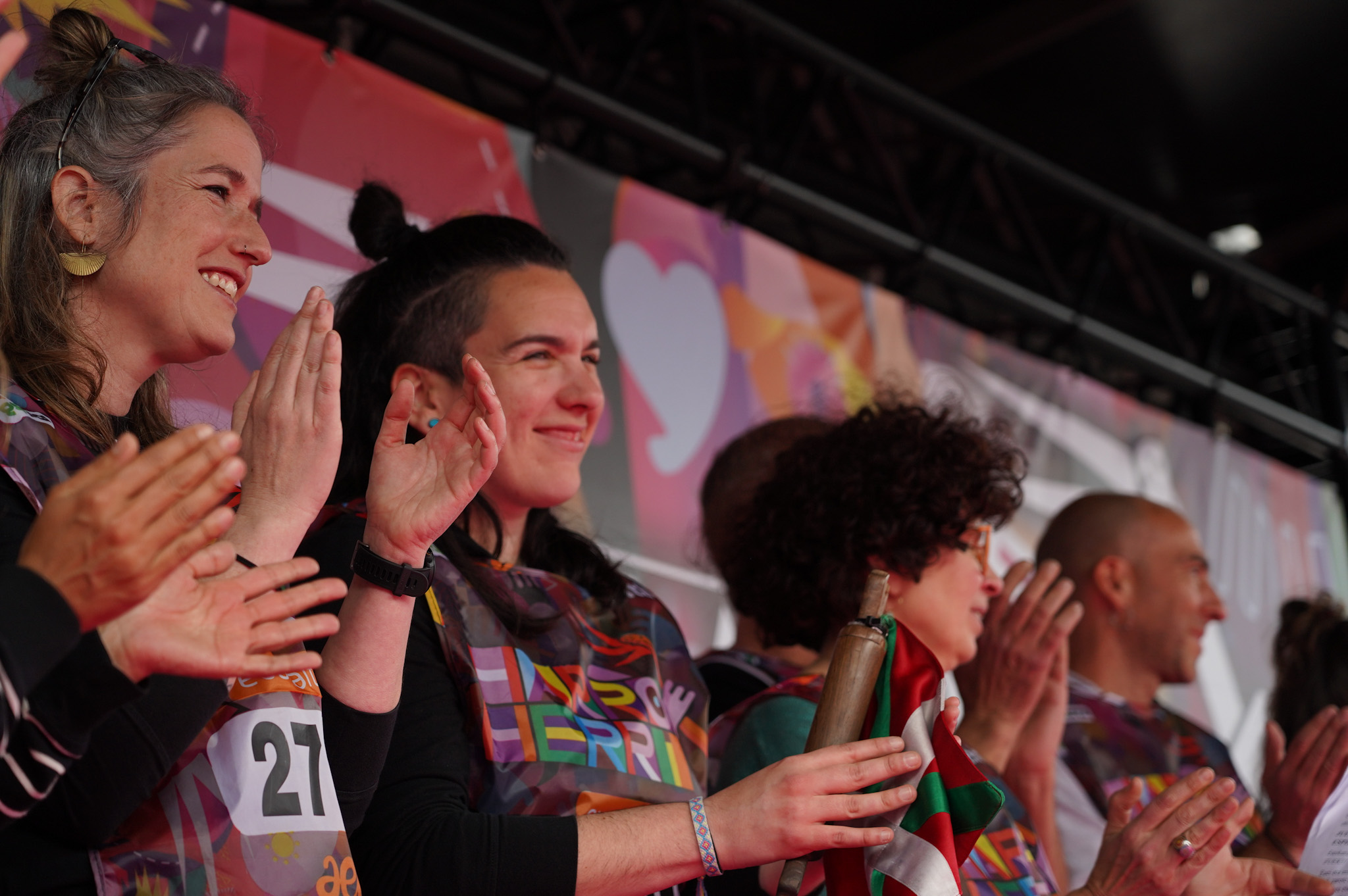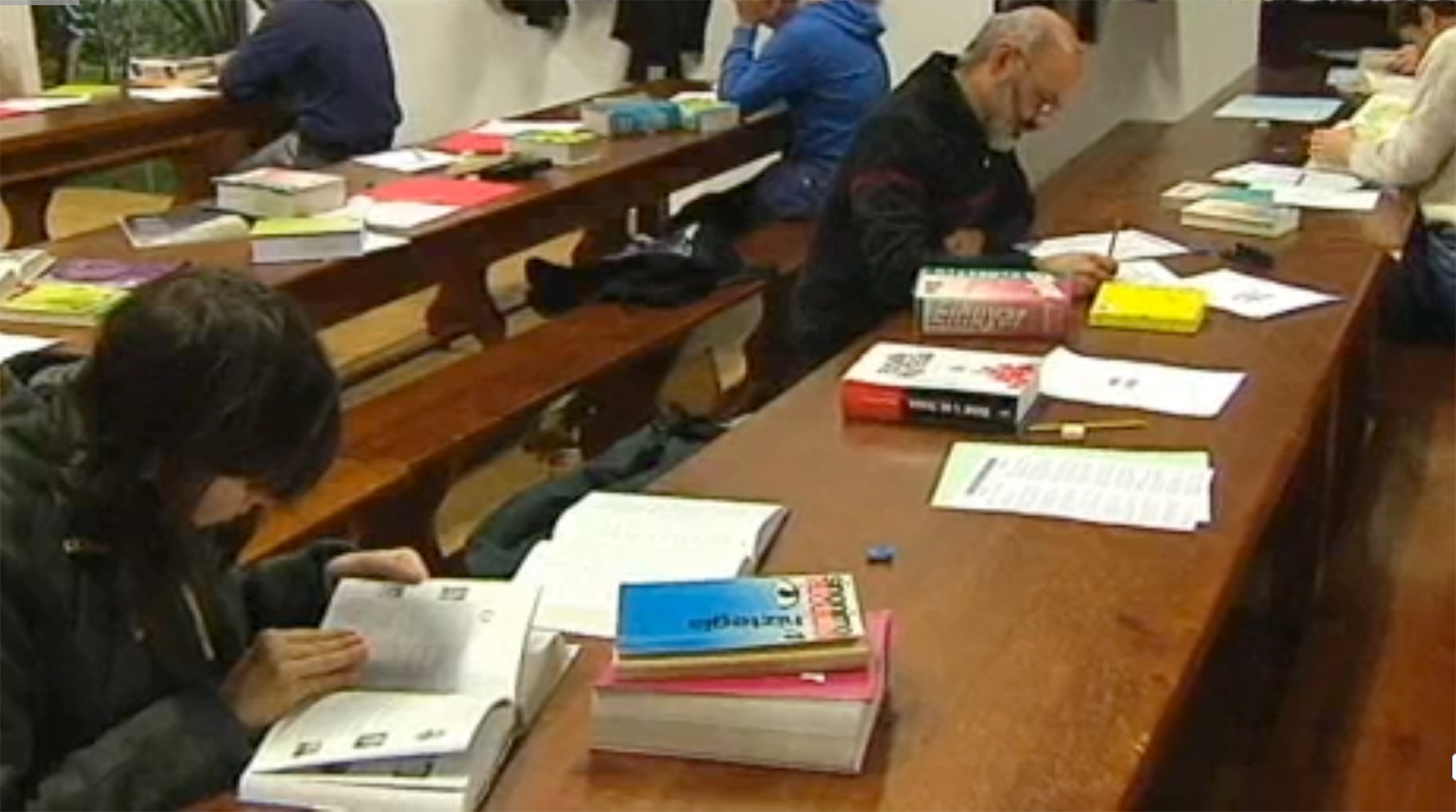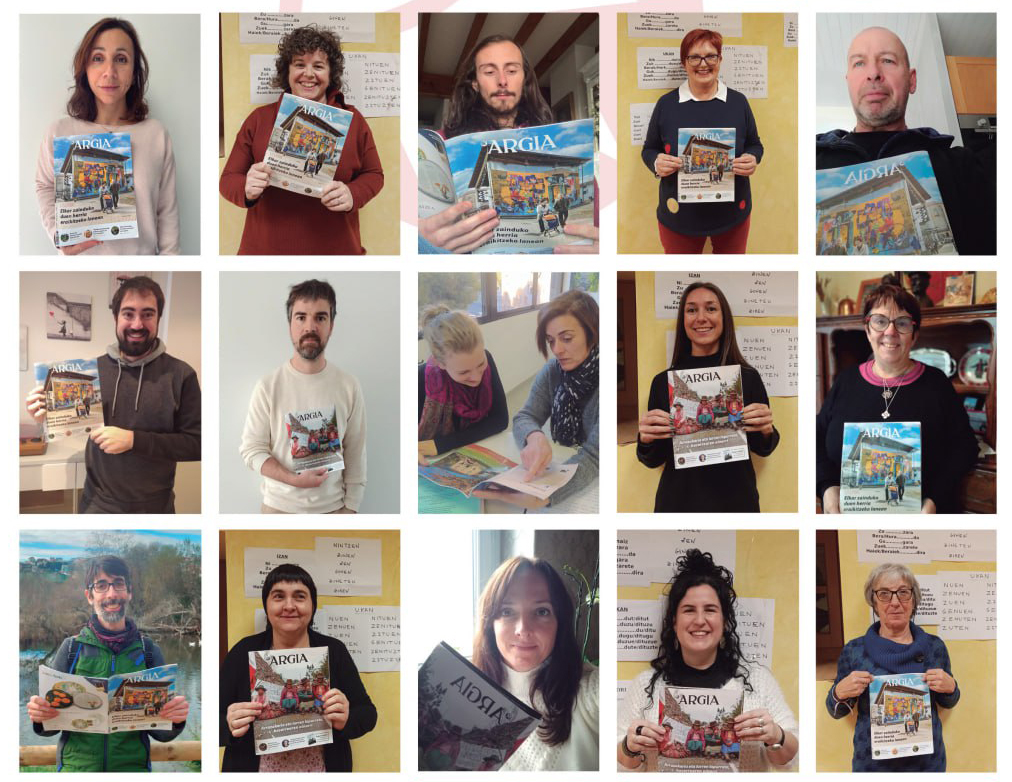"Before the students came to the Basque Country with another intention"
- Paula Urigoitia (Otxandio, 1965) and Lore Uriarte (Bermeo, 1995) are professors of the Euskaltegis AEK of Matxintxu-Arra. Urigoitia has been teaching in Deusto for about 10 years and is also responsible for the Basque Country. Uriarte arrived in Deusto in September.

How did they start teaching at AEK?
Scam: In 1986, I started in the winter barnetegi of Otxandio. At the same time, Berriz also taught classes at night, but when the number of students began to decrease, AEK asked me to go to Tolosa. I started in the winter barnetegi in Tolosa and at the end they told me that they intended to start the Euskaltegi. I was there until I came to Bilbao in 1992. At first I was in Lizardi, then in Aupa magazine and finally got to Deusto about 10 years ago.
Lore: Last year I was called to make a replacement in the Basque Country of Zorroza. There I finished the course and when they called me for this course they gave me the opportunity to teach in Deusto.
How many teachers and students are you currently in the Basque Country in Matxintxu Arra?
P: Considering both Euskaltegis, we are currently about 9 teachers and about 275 students. I'm sure that at first Matxintxu Larrako had about 14 teachers and more students than he has now. Model D has influenced Euskaltegis.
Do the students who come to class come in search of the title or go beyond?
L: I am a Level B2 professor and it is noticeable that many come to get the profile they ask for in public posts. Then there are a few who come only for studying language, and sometimes when those two profiles come together in schools, it's hard for the class to go, but we do.
I'm from Bermeo, but I've lived all my life between Deusto and Sarriko.
And at other levels?
P: In them the profile of the student body is completely different. These are people coming from outside and between them the intentions are different. There are people who know Spanish well and who come to learn to help children with school work, or who have brought love.
Has the commitment of early learners changed?
P: Basically, because the starting point was another one. At first there was another “out” situation. We were all clear that for this thing that we wanted to thrive we had to work as well. The students approached with a different intention: to work in the field of the people, to support the Basque country, to take it to all the places where it had to be...
How do you see the situation of Deusto in relation to the Basque Country?
L: In Deusto there are certain places where more is spoken in Basque. However, I believe that there are people who live very comfortable, who know Basque but do not feel obliged to speak.
P: Between the week it's a lot more Euskaldun because there are a lot of students, and I'll say, a lot of Gipuzkoans. However, in Deusto, for example, you hear more Basque than in San Ignacio, perhaps because in Deusto there is an alternative generation that you don't see in San Ignacio.
The 22nd edition of Korrika has just passed. What is running for you?
L: So far I have known Korrika on the one hand and this year it has touched me to meet another. For me, Korrika is to feel that collective, to reclaim identity and to feel part of something very big.
P: Many times I've thought it's a kind of lightning bolt. But I don't know what emotion a lightning bolt carries. I know that it has clarity and strength, that it is immediate and that it leaves a mark. It's the inner feeling that unites me to the people.
And for AEK?
P: When AEK emerged the economic situation was very bad, so those who made the idea of being able to respond to everything that was happening gave it to the Korrika. Today, however, it is the most important initiative that the Basque Country has and that is heard outside the borders of the Basque Country. Unfortunately, it has become the most important and necessary initiative, as it is an initiative that supports the project of the Basque Country. Without the race we would not be able to move forward.
In the assessment performed by AEK the following can be read: “We’ve seen that this has been the most beloved thing, which is best cared for kilometer by kilometer.” Have you also felt this way?
L: After the pandemic, people have been very excited. Last year could not be done, and then people have waited more eagerly for this year.
P: In addition, it has been found that the pandemic has opted for the Basque instead of the Basque, and that the Basque country needed some impetus to survive. Many have been very aware that it was time to ask for support for the language, to reclaim involvement with the Basque language.
Despite having two Euskaltegis, the Euskaltegi of Matxintxu Arra is unique in administrative matters.
A Korrika commission has been organized in the Deusto area. How did it go?
P: The Euskera always has some in his favor and it is to be deeply thankful. After the call we met about 6 people. In addition, we have had the cooperation of other actors and associations who were willing to turn the race around. It has gone very well in general. We made an approach of dedicating the career to those who organize the groups, so that they too put that bit of sand, and I have to say that there has been all the availability.
AEK has presented the HITZEKIN dynamic all in Basque. Can it be understood as an interpellation of public institutions?
At this point it is convenient to take the witness, donate money and say “we too agree”. But that has to be turned into something. We say that what makes us people is language, but the government has to do something to make that happen. Subsidies should not be linked to academics, but should be Basque. The motto of the previous edition of the Korrika was KLIKA, click in favor of the Basque, in favor of the people. What this year goes further, because it claims not only the need for words, but also for actions.
The Basque Government grants aid for Basque studies on the basis of academic results. What do you think?
L: As the levels of Euskera progress, the difficulties also increase, the number of hours to dedicate and it must be understood that not all students have the same pace of learning. Obtaining B1 or B2 in a single course is very difficult and a race against it is taking place in order to gain access to this grant.
P: Instead of helping to have the folder under your arm, it would be logical for the students to collaborate only to learn Basque. It is true that at first there was no other way. Euskalgintza claimed the subsidy for the learning of the Basque Country, and despite the approval of the government, they laid the conditions for this. Even if it is fine at work, people’s efforts should also be taken into account.
IN DEPTH
Do you think being a professor at AEK has a “militant” tone?
L: We work in teaching a language, and I think we have a commitment like that language, because it is also part of our identity. Compared to other jobs, I feel that you don't have to spend more hours on this, but that everything I do can help you do all of this.
P: No doubt. When we receive the new teachers, we have to explain to them what their rights and duties are. There are jobs that need to be done and that are going to be included in the salary, even if they are not written like that. If it comes running, a lot of work will have to be done. What comes to AEK to teach only classes is wrong.
What is the best of AEK?
P: It gave me the opportunity to see that I can work on something I like. It's also allowed me to work on gender equality to participate in an Euskal Herria project, to empower myself as a woman.
L: I've known another way of working at AEK. I feel comfortable working and something I've always wanted, from language, from taking something out and giving it to others I find tremendous.
Korrikaren "bihotza eta burua" erakutsiko ditu dokumentalak. Proiektua gauzatzeko, herritarren babesa "ezinbestekoa" izango dela adierazi dute AEK eta Mirokutana ekoiztetxeak, eta apirilaren 25era bitartean crowdfunding kanpaina bat abiatuko dute jalgihadi.eus... [+]
Plazara, AEK, Uda Leku, Dindaia eta Ebete antolakundeak Baionan elkartu dira Famili'on egonaldi ibiltariaren lehen edizioa aurkezteko. Hizkuntza mailaren arabera eskaintza bat edo beste egongo da eta haur zein gurasoentzat izango da udaberrian.
It is not Christmas, however, there will soon be decorations in the big shops to announce it, or at least they say so. In the shop window “Zorionak! Claims like “Gabon ederra passes!” will be exposed everywhere. However, congratulations can be many: the lottery, bringing a... [+]



